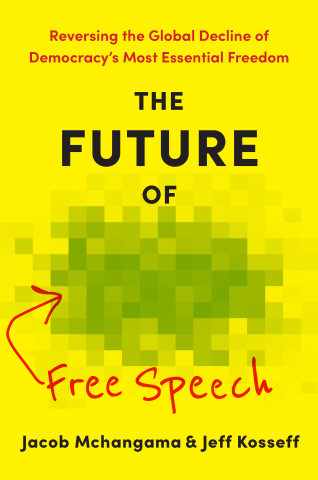
Reviews
A very neat, thorough and interesting study for all scholars trying to understand the working of 'shared powers', may it be at the international, supranational or national level.
A book of substantial interest and considerable scholarship.
A very impressive and thought-provoking book that contributes to the research stream represented by books on the impact of European Courts on European 'constitutional' politics.
Professor Goldstein does an admirable job bringing the European Union into comparative context.
A well-focused application of comparative federalism.
A very welcome addition to the literature on federal systems.
An excellent example of the successful merger of the interests of comparative history, politics, and jurisprudence... The writing is clear, the argumentation is fair and precise, and the logic is lucid. The book makes a significant contribution to the field of comparative federalism and should be widely accepted a s a basic reference work for study in this field.
This book is a substantial contribution to the field. Seeking to understand how federal states succeed in holding themselves together, Professor Goldstein contrasts the experience of the early American union, dominated by fractious and sometimes violent jurisdictional disputes, with the more placid post-World War Two experience of the European Union. It is here that her work really shines. Her method of comparing modern federal structures is sound and her scholarship is very thorough.
Book Details
List of Tables
Acknowledgments
Introduction
Chapter 1: The Member-State Resistance Paradox: American Union (1790-1860) versus European Community (1958-1994)
Chapter 2: State Resistance in the United
List of Tables
Acknowledgments
Introduction
Chapter 1: The Member-State Resistance Paradox: American Union (1790-1860) versus European Community (1958-1994)
Chapter 2: State Resistance in the United States and the European Community: Unraveling the Puzzle
Chapter 3: The Seventeenth-Century Dutch Republic and the European Union
Chapter 4: The First Half-Century of the Modern Swiss Federation
Chapter 5: Conclusions: State Behavior in the Suprastate Unions
Appendix A: State Resistance to Federal Authority in the United States
Appendix B: European States' Resistance to European Community Authority
Abbreviations of Public Documents
Notes
Cases Cited
Works Cited
Index





